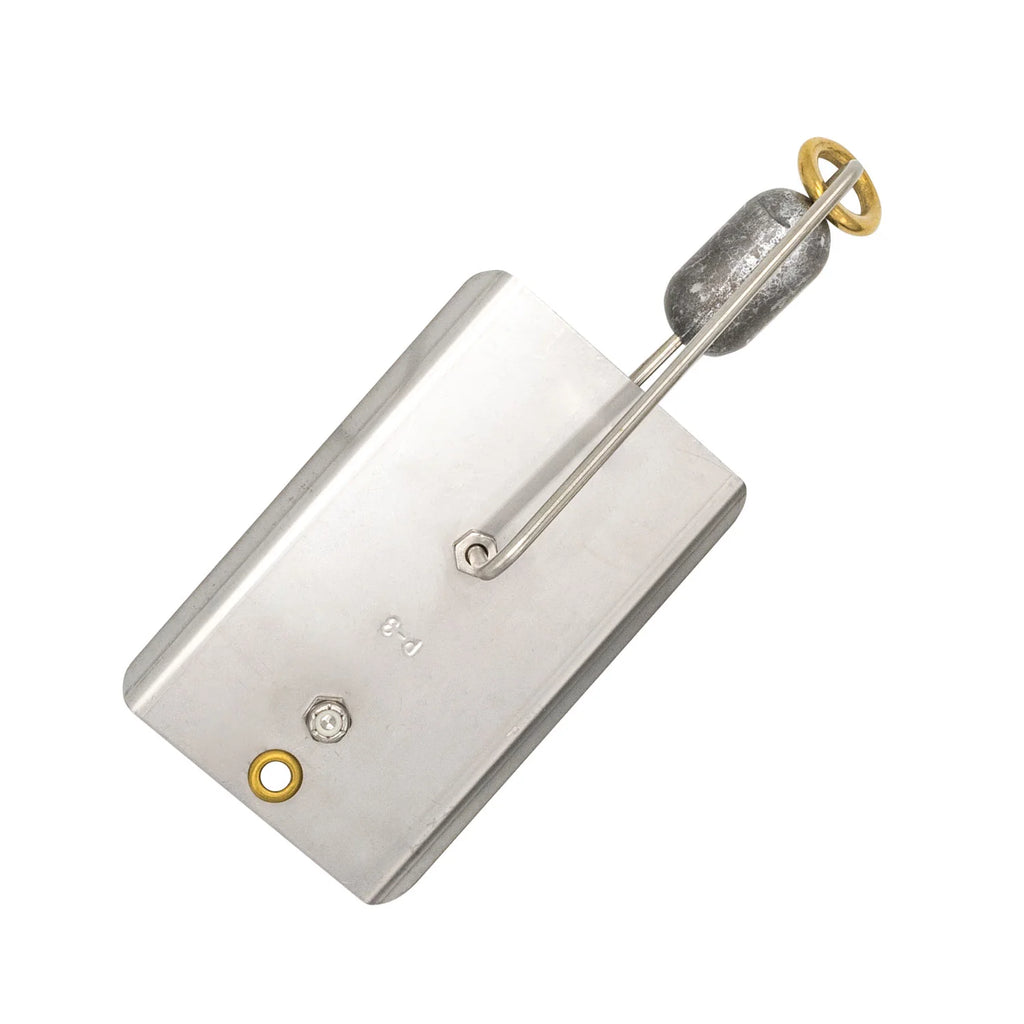Sidebar
Categories
Recent Articles
-
Downrigger vs. Planer February 27, 2023
Featured Products
-
Downrigger vs. Planer
by Michael Boy onDownrigger vs. planer: which one should you use? Well, it depends on a few things. It seems like every fishing forum has had a debate of downrigger vs. planer, with both having their pros and cons. But which one is the better option for your next trolling adventure… And which one is the most cost effective? What is a Downrigger? Using a...















